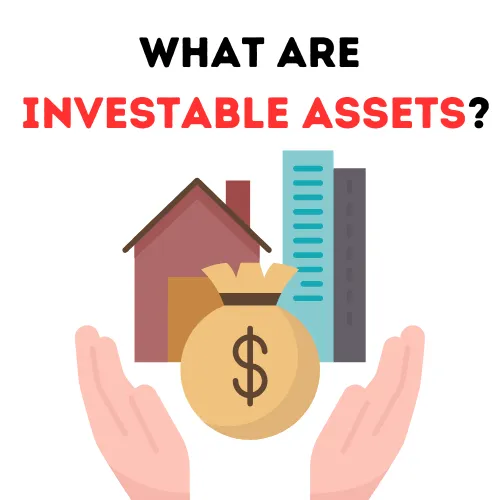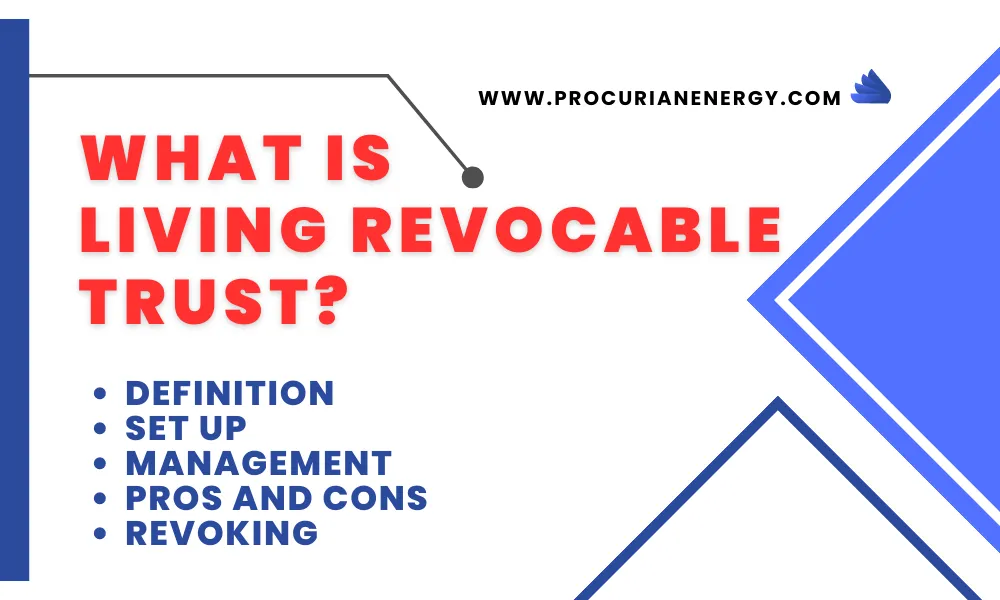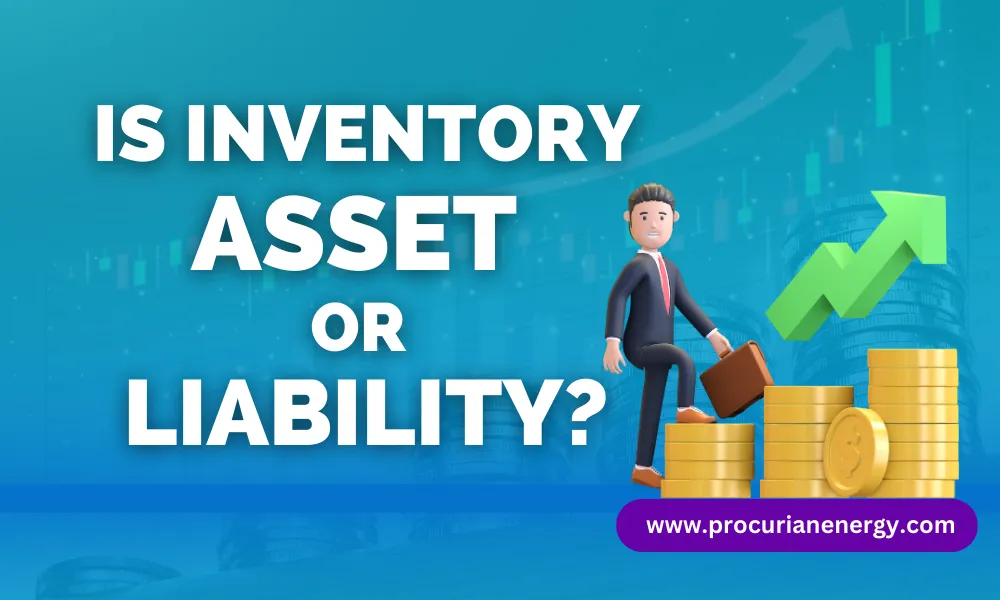Investing is a great method that may assist individuals in increasing their wealth and achieving their financial objectives.
However, before you begin investing, you must first understand what investable assets are and how they might help you reach financial success.
In this blog, we will look at what are investable assets, types of investable assets, benefits to consider when selecting any investible asset, methods for building a diversified portfolio and the risks and concerns that come with them.
What are Investable Assets?

Investable assets are financial resources that individuals or businesses may utilize to generate long-term returns or income.
These assets are commonly purchased or acquired in order to provide a financial return or capital appreciation.
Examples of Investable Assets
The examples of Investible Assets are:
1. Cash and Cash Equivalents
Cash and cash equivalents are liquid assets that can be quickly turned into cash.
It includes savings accounts, money market funds and certificates of deposit (CDs).
Cash investing provides safety and liquidity, but it frequently generates lesser returns than other asset classes.
2. Stocks and Equities
Stocks represent ownership in a company and are traded on stock exchanges.
Stock investing has the potential for substantial rewards, but it also has more volatility and hazards.
Equities can be purchased individually or through mutual funds and exchange-traded funds (ETFs).
3. Bonds and Fixed-Income Securities
Bonds are debt instruments issued by governments and corporations.
They pay fixed interest over a specified period and return the principal amount at maturity.
Investing in bonds provides regular income and relatively lower risk compared to stocks.
Types of bonds are government bonds, corporate bonds and municipal bonds.
4. Real Estate
Real estate includes residential houses, commercial constructions and land.
Investing in real estate may provide revenue through rent or raise the value of the property.
It provides diversification and acts as a hedge against inflation, but it requires extensive research, management and funding.
5. Commodities
Commodities are tradable things such as gold, silver, oil and agricultural products.
However, commodity prices are subject to supply and demand dynamics, making them volatile investments.
Factors to Consider When Choosing Investable Assets
Risk Tolerance – Some individuals are comfortable with higher risk and volatility, while others prefer more stable investments. Consider your financial goals, time horizon and ability to handle potential losses.
Time Horizon – Your time horizon refers to the length of time you plan to invest before needing the funds. Short-term goals, like as purchasing a vehicle or going on vacation, may necessitate more conservative investments and long-term goals such as retirement, may necessitate higher-risk assets.
Financial Goals – Clearly defining your financial goals helps align your investment strategy. Determine if you are investing for capital preservation, income generation or long-term growth. Your goals will influence the mix of investable assets in your portfolio.
Diversification – It involves spreading your investments across different asset classes to reduce risk. A well-diversified portfolio typically includes a combination of stocks, bonds, real estate and other asset types. Diversification helps mitigate the impact of market fluctuations on your overall portfolio performance.
Market Conditions – Market conditions and economic factors can impact the performance of different asset classes. Stay informed about market trends, interest rates and geopolitical events that may influence your investment decisions. Regularly review and adjust your portfolio based on changing market conditions.
Also See: How to Make Money From EV Charging Station?
Investable Assets Calculator
Investable Assets by Age
| Age Range | Average Investable Assets |
|---|---|
| 18-24 | $5,000 – $10,000 |
| 25-34 | $25,000 – $50,000 |
| 35-44 | $50,000 – $100,000 |
| 45-54 | $100,000 – $250,000 |
| 55-64 | $250,000 – $500,000 |
| 65+ | $500,000+ |
Investable Assets vs Liquid Assets
| Investable Assets | Liquid Assets | |
|---|---|---|
| Definition | Assets that can be invested in financial markets or ventures | Assets that can be easily converted to cash quickly |
| Examples | Stocks, bonds, mutual funds, real estate, private equity | Cash, savings accounts, money market accounts |
| Liquidity | Varies depending on the asset’s marketability and ease of conversion into cash | Highly liquid and can be readily accessed or spent |
| Return Potential | Generally higher potential returns, but also higher risk | Relatively lower potential returns, but also lower risk |
| Risk | Can involve higher risk and volatility due to market fluctuations and investment performance | Generally lower risk due to their stability and ease of conversion to cash |
| Investment Horizon | Typically long-term investments with longer time horizons | Immediate or short-term needs and emergencies |
| Purpose | Growth of wealth and capital appreciation over time | Day-to-day expenses, emergencies, or short-term financial obligations |
| Accessibility | May require brokerage accounts or investment platforms | Easily accessible through bank accounts or cash equivalents |
| Market Value | Value determined by market conditions and asset performance | Fixed value or easily determinable value |
Net Worth vs Investable Assets
| Parameter | Net Worth | Investable Assets |
|---|---|---|
| Definition | Total value of all assets minus liabilities | Value of liquid assets that can be invested |
| Components | Real estate, investments, personal property, etc. | Cash, stocks, bonds, mutual funds, etc. |
| Accessibility | May not be immediately accessible or easy to liquidate | Readily accessible and can be easily liquidated |
| Purpose | Indicates overall financial health and long-term financial stability | Indicates the ability to make investments or take advantage of investment opportunities |
| Impact of market changes | Can be affected by changes in the value of real estate and other assets | Can be affected by changes in the stock market and other financial instruments |
| Usefulness for investing | May not be a useful metric for assessing investment performance | Can be a useful metric for assessing investment performance and making investment decisions |
| Importance for retirement | May be important for retirement planning as a measure of overall financial security | Can be important for retirement planning as a source of income and funding for retirement expenses |
Is 401k included in investable assets?
Yes, 401(k) accounts are often considered investable assets since they are a type of investment.
A 401(k) is a retirement savings plan for the employees of USA. Employees can contribute a percentage of their pay to the account pre-tax, with the possibility of employer matching contributions.
401(k) accounts are often regarded part of an individual’s overall investable assets because they are meant for long-term retirement savings and may be accessed after reaching a particular age or satisfying certain requirements.
However, it’s important to note that 401(k) accounts may have early withdrawal limitations or penalties for accessing the money before retirement age.
Is a House an Investable Asset?
Yes, a house can be considered an investable asset. Owning a house can provide various financial benefits including potential appreciation in value over time, rental income generation and tax advantages.
Real estate has historically shown long-term appreciation, offering the potential for a return on investment.
Furthermore, having a home may bring a sense of stability and security.
It is crucial to remember, however, that investing in real estate entails risks and costs such as property upkeep, market changes and liquidity difficulties.
Careful consideration of market conditions, location and financial goals is necessary when evaluating a house as an investment option.
FAQs
What is the formula to calculate total assets?
The formula to calculate total assets is the sum of a company’s liabilities and owner’s equity:
Total Assets = Liabilities + Owner’s Equity.
How to calculate EBITDA?
To calculate EBITDA (Earnings Before Interest, Taxes, Depreciation, and Amortization), subtract operating expenses (excluding interest, taxes, depreciation, and amortization) from total revenue.
What is the formula for equity?
Equity = Assets – Liabilities.
It represents the ownership value in a company or individual’s net worth after deducting all debts and obligations.
What is the solvency ratio?
The solvency ratio is a financial metric that measures a company’s ability to meet its long-term obligations. It indicates the proportion of a company’s assets that are financed by equity versus debt.
What is the formula for total net assets?
Total Net Assets = Total Assets – Total Liabilities
Conclusion
Understanding investable assets is essential for anyone seeking to build wealth and achieve their financial goals.
By diversifying your investments across various asset classes, considering your risk tolerance and financial goals and staying informed about market conditions, you can build a well-rounded investment portfolio.
While investable assets provide prospects for income and growth, it is vital to realize that investment entails risk.
Market volatility, inflation, liquidity constraints, regulatory changes and currency fluctuations are among the risks and challenges you may encounter.
Seeking professional advice and continuously educating yourself about investing can help navigate these risks and make informed decisions.
Take action today, start investing, and watch your wealth grow over time.







